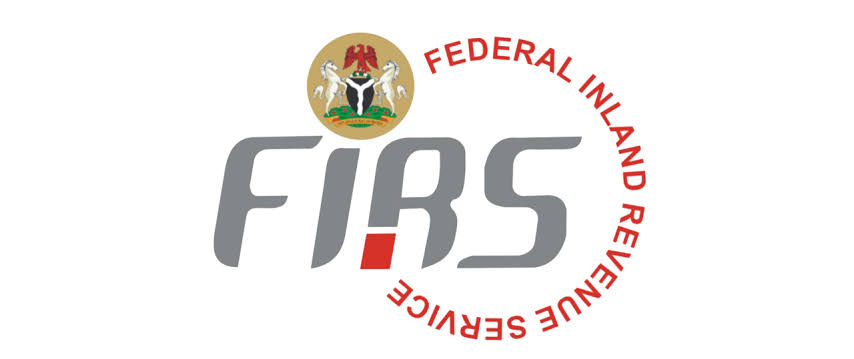The Federal Inland Revenue Service (FIRS) is preparing to launch an e-Invoice system aimed at streamlining the tax process, in alignment with the Tax Administration and Enforcement Act 2007.
This initiative, part of FIRS’s broader digital transformation strategy, was disclosed by the Executive Chairman, Dr. Zacch Adedeji, during a stakeholders’ engagement organised by the Lagos Chamber of Commerce and Industry (LCCI) in Lagos.
Dr. Adedeji, represented by the Acting Director of Medium Taxpayers Department (South), Mrs. Otivbo Olaniyi, revealed that the e-Invoice solution will facilitate real-time transaction validation and storage across various transaction types, including Business-to-Business (B2B), Business-to-Consumer (B2C), and Business-to-Government (B2G).
He explained that the federal government is also considering simplifying tax regimes and introducing registration incentives to bring micro, small and medium businesses (MSMEs) into the formal tax system.
“The informal sector, which makes up a significant part of our economy, presents unique challenges. Many MSMEs enterprises operate outside the formal tax structure. To engage this sector, we are exploring simplified tax regimes and incentives for easier registration,” Dr. Adedeji said.
The FIRS restructuring into three operational groups—Small/Emerging Taxpayers, Medium Taxpayers, and Large Taxpayers—was also highlighted. Dr. Adedeji emphasised that this will enable more targeted support for different taxpayer segments. He expressed optimism about the opportunities arising from tax reforms and technology adoption, stressing that these efforts will foster sustainable growth and equitable development in Nigeria.
In his address, LCCI President, Mr. Gabriel Idahosa, acknowledged the significant strides Nigeria’s tax system has made, thanks to reforms aimed at boosting revenue and simplifying compliance. However, he pointed out that the country’s tax-to- gross domestic product (GDP) ratio remains low, standing at just 10.86 percent, far below the African average of 15-20 percent. The government, he noted, is working towards achieving an 18 percent tax-to-GDP ratio in the next three years.
“The government’s target will require coordinated efforts between both the public and private sectors, alongside reforms to simplify tax policies and encourage compliance,” Mr. Idahosa said.
Similarly, the President of the Institute of Chartered Accountants of Nigeria (ICAN), Mr. Davidson Alaribe, represented by Dr. Seyi Olarenwaju, raised concerns about the complexity of Nigeria’s tax regulations. He stressed the need for clearer and more concise tax guidelines to ease compliance for businesses. Mr. Alaribe also highlighted the challenge professionals face in keeping up with frequent changes to tax laws, which often leads to varying interpretations by taxpayers and authorities, increasing compliance risks.





